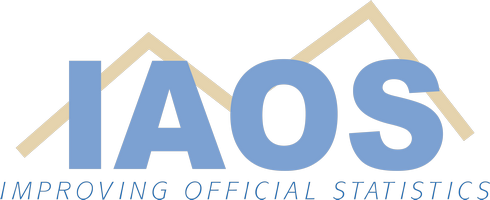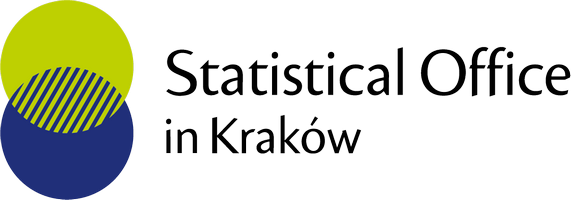| Status | Name | Country/affiliation | Title of the contribution | Brief summary |
|---|---|---|---|---|
| Chair | Albert Motivans | USA | ||
| Speaker | Ms. Gita Literske | Lithuania | Fast information needs for fast decisions | "COVID-19 pandemic highlighted the importance of having a space where the entire data ecosystem can be governed to meet fast information needs make fast decisions. Statistics Lithuania (SL) in 2020 legally became the owner of the State Data Governance System, which empowers wider purposes of use than official statistics. SL became like an actor of two roles: producer of official statistics, and at the same time SL gets the right to collect data and produce information other than official statistics. Still essential contradictions and obstacles in terms of data re-use remained. Obviously, becoming a state data steward was not a technological problem, but primarily a legal issue. In 2021, SL initiated fundamental changes to the national legal framework. The main aspects for discussion: how to manage a new dual mandate – remaining a trusted producer of statistics to become a trustful provider of data services to support evidence-based policies." |
| Speaker | Ms. Sarah Crofts | United Kingdom | Providing trustworthy Covid data for critical decisions | "The Office for National Statistics’ COVID-19 Infection Survey (CIS) has delivered weekly, near real-time insight on infection and immunity which goes directly to the heart of Government and has been used, for example, to inform easing (and otherwise) of national lockdown measures. The CIS is the largest regular survey of coronavirus (COVID-19) infections and antibodies in the world. This paper will share how the study was formulated at pace, collaborating with a range of external partners from academia, public health and the private sector; the design of this household survey, which collects swab tests and blood samples from private households across the four nations of the UK; and how we have communicated to ensure trustworthy, reliable statistics are available for policymakers and for the public." |
| Speaker | Mr. Mahmoud Abdel-Fattah | Egypt | Processing scanned documents to obtain new data sources | "Imagine you’re a recruiter searching thousands of pages for keywords or a paralegal looking for names in thousands of pages of discovery documents. It is also known that the volume of the state's economy dealings with its institutions, individuals and the outside world is very large and contains thousands of documents. The formats, versions, and platforms that generated them could be wildly different. and the challenge is even greater when it’s time sensitive. This paper aims to find new methods and data sources for accurate and reliable data by using professional methods. By scanning documents, extracting text from images and processing them. Key words: scanned documents - Decision making" |
| Speaker | Ms. Petra Kuncová | Czech Republic | Influence of Covid-19 measures on Census 2021 in the Czech Republic | "The Czech Statistical Office prepared the Census several years in advance, at a time when no one had any idea about the Covid-19 pandemic. The census law, which took several years to prepare and approve, could not take into account the specific conditions and restrictions that resulted from the anti-pandemic measures. These measures had an impact on both the preparation phase of the census and its actual implementation. The presentation will focus on the negative experiences we had to face in preparing the census, but will also try to summarize a number of positives and benefits that we have encountered. Although we had to adjust many processes, the Census 2021 took place in the Czech Republic in its original term. In addition to operational information, the first results will be mentioned in the presentation." |



| Cookie | Duration | Description |
|---|---|---|
| cookielawinfo-checkbox-analytics | 11 months | This cookie is set by GDPR Cookie Consent plugin. The cookie is used to store the user consent for the cookies in the category "Analytics". |
| cookielawinfo-checkbox-functional | 11 months | The cookie is set by GDPR cookie consent to record the user consent for the cookies in the category "Functional". |
| cookielawinfo-checkbox-necessary | 11 months | This cookie is set by GDPR Cookie Consent plugin. The cookies is used to store the user consent for the cookies in the category "Necessary". |
| cookielawinfo-checkbox-others | 11 months | This cookie is set by GDPR Cookie Consent plugin. The cookie is used to store the user consent for the cookies in the category "Other. |
| cookielawinfo-checkbox-performance | 11 months | This cookie is set by GDPR Cookie Consent plugin. The cookie is used to store the user consent for the cookies in the category "Performance". |
| viewed_cookie_policy | 11 months | The cookie is set by the GDPR Cookie Consent plugin and is used to store whether or not user has consented to the use of cookies. It does not store any personal data. |